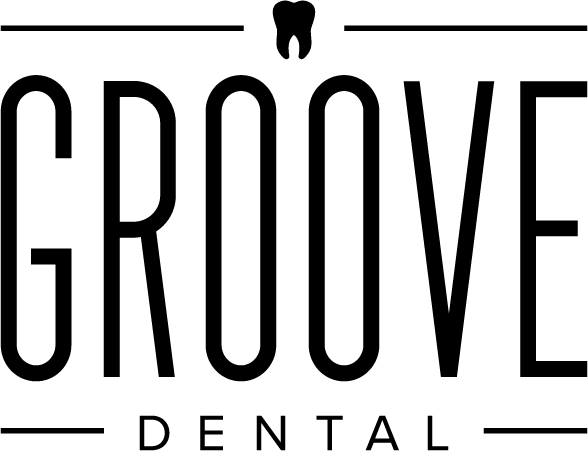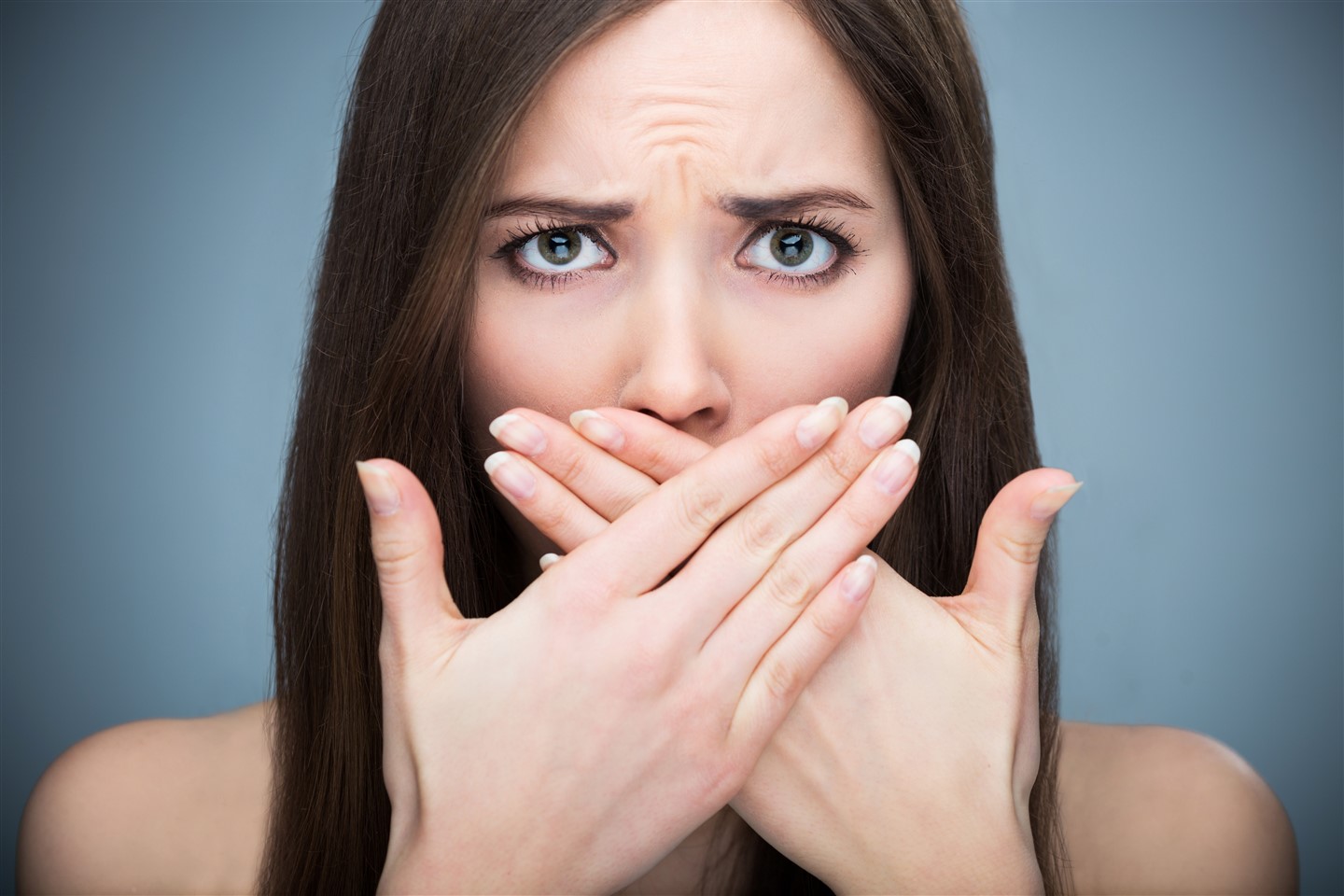Halitosis and your Health
If you’ve been suffering from bad breath, you are not alone. Bad breath, also called halitosis, is a common problem. The good news is, most causes of bad breath are treatable. If you are experiencing recurrent bad breath, look to these common causes for insight.
Morning Breath
As you sleep, the bacteria in the mouth is not flushed with as much saliva as it would typically be throughout your day. A dry mouth provides an ideal warm environment for bad breath bacteria to proliferate.
Good oral hygiene helps to decrease the number of bacteria in the mouth during rest periods, however, some degree of morning breath is to be expected after a night of rest.
Other conditions that worsen morning breath include snoring or sleeping with an open mouth, as this further dries the tissues in the oral cavity and can lead to further bacterial growth.
Food Choice
Garlic and onions aren’t the only food-related cause of halitosis, though they are often the first to come to mind. Vegetables in the cruciferous family, such as kale, broccoli and cauliflower are common offenders in the bad breath department. Consider lightly steaming or otherwise cooking these vegetables before eating to decrease their sulfur-rich pungency.
Coffee
Your morning coffee packs a punch where acidity is concerned. The acid is not good for your teeth or your salivary production. Consider the health benefits of opting for a less acidic morning beverage, such as herbal tea.
Other common causes
People who take some forms of prescription medication may find that dry mouth is an unfortunate side effect. Your doctor may be able to offer an alternate medication or may suggest a lubricating gel.
Not only is smoking a risk to your health, it is a cause of bad breath. Smoking causes your salivary glands, the ones that produce saliva, to underproduce. Combine that with the increase in temperature in the mouth due to smoke and you’ve got a recipe for halitosis.
Allergy sufferers may be surprised to note that their allergy symptoms may actually be contributing to bad breath. Post-nasal drip can result in an accumulation of mucus at the back of the throat. The bacteria in the mouth can feed on the accumulated mucus, causing an increase in bad breath that does not dissipate after brushing. Irritated throat or tonsils are a sign that post-nasal drip may be occurring.
Tonsil stones
Formally called tonsilloliths, tonsil stones are accumulations of bacteria and cellular waste that collect in small grooves and pockets along the surface of the tonsil. These collections of debris can inherently give off a foul and unpleasant odor, causing bad breath.
Tonsil stones are common, and can range in size, often going unnoticed. When present, symptoms can include sore throat/tonsils, metallic or foul taste and ear ache. Tonsil stones can be seen in the back of the throat and may dislodge from the tonsils. Talk to your dentist about how to manage tonsil stones between visits.
Covering All Your Bases
If any of the causes of bad breath rang true for you, we urge you to discuss your concerns with your dentist. Chronic conditions like snoring can be alleviated once confirmed through a sleep study. But before your appointment we suggest tightening up your daily oral care routine to include brushing a minimum of twice daily, and flossing and rinsing a minimum of once daily.
Tips to improve oral care
While you are taking time to care for your oral health, you might consider adding a tongue scraper to your routine. Most bad breath-causing bacteria live on the surface of the tongue. Using a tongue scraper throughout the day can significantly decrease the presence of bacteria in the mouth.
When selecting a mouth rinse, be sure to use one that is endorsed by the Canadian Dental Association. It is also important to follow the directions carefully, choosing one that you can comfortably hold in your mouth for the duration of recommended rinsing time. Rinsing for less than the recommended time does not allow the full potential of the mouth wash to take effect.
Talk to your dentist
Although halitosis can cause the sufferer to withdraw from social and intimate interactions, there are even more pressing reasons to have your dentist investigate the cause. Our bodies are one big interdependent system and as such, symptoms in one area of the body can often be an indication of a deeper concern. Bad breath could be a sign of diabetes, bacterial infection or intestinal blockage to name only a few, so it is important to investigate its cause.
Although discussing your own bad breath might feel like an uncomfortable conversation to have, it is important to remember that your dentist is interested in supporting not only your dental health, but your overall health. Do not unnecessarily delay a conversation with your dentist about halitosis – your body will thank you!


